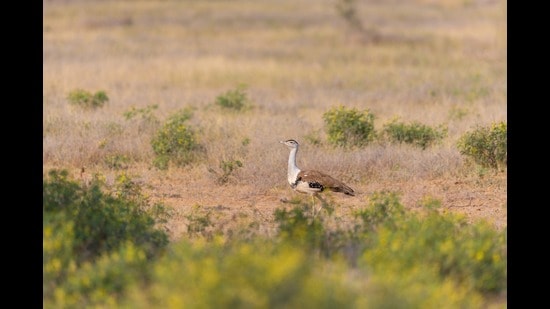The ongoing debate surrounding development versus biodiversity highlights a critical challenge in achieving sustainable growth. As nations prioritize economic development, often driven by industrialization, urbanization, and infrastructure expansion, biodiversity frequently takes a back seat. This trend raises serious c mloncerns about the long-term health of ecosystems, which are vital for maintaining the planet’s environmental balance
Source:-news k
Development projectns, such as highways, dams, and urban centers, can lead to habitat destruction, fragmentation, and pollution, all of which threaten diverse species. The loss of biodiversity undermines ecosystem services that are essential for human survival, including clean air, water purification, and food security. As species decline or go extinct, the resilience of ecosystems weakens, making them more vulnerable to climate change and other environmental stressors
Source:- bbc news
Moreover, privileging development concerns over biodiversity can exacerbate social inequalities. Indigenous and local communities often rely on natural resources for their livelihoods. When development initiatives disregard these communities’ rights and traditional knowledge, it can lead to conflicts and displacement, further marginalizing vulnerable populations.
However, it is possible to reconcile development and biodiversity conservation through integrated approaches. Sustainable development practices can prioritize ecological health while still meeting economic needs. Initiatives like biodiversity offsets, where developers invest in habitat restoration to compensate for ecological loss, can help mitigate negative impacts. Additionally, incorporating environmental assessments in the planning stages of development projects ensures that biodiversity considerations are integrated from the outset.
Ultimately, striking a balance between development and biodiversity is essential for a sustainable future. Policymakers, businesses, and communities must work collaboratively to create strategies that respect and preserve the natural world while fostering economic growth. By recognizing that healthy ecosystems are foundational to human well-being, we can create a more equitable and sustainable approach to development.
Share your views in the comments

